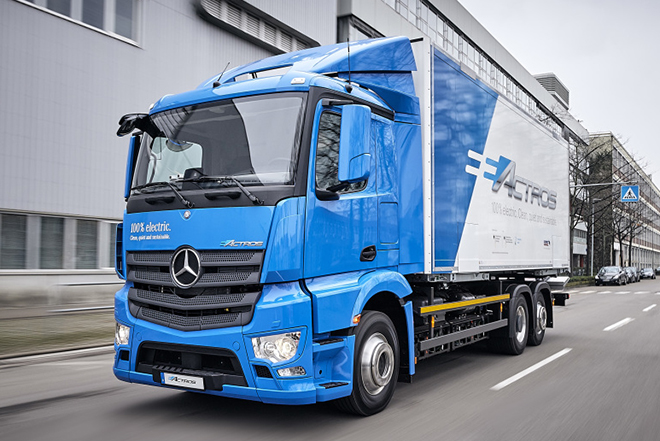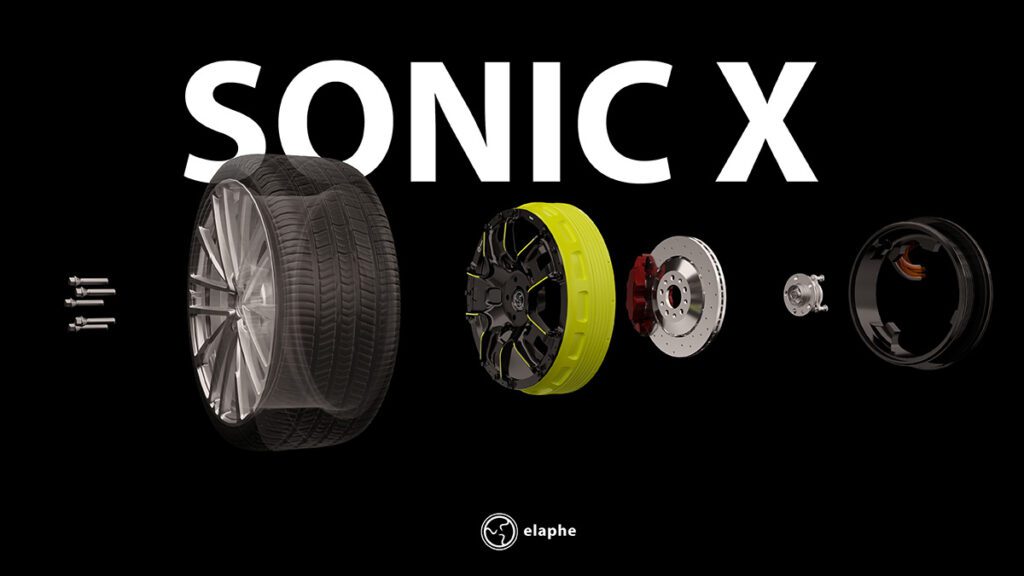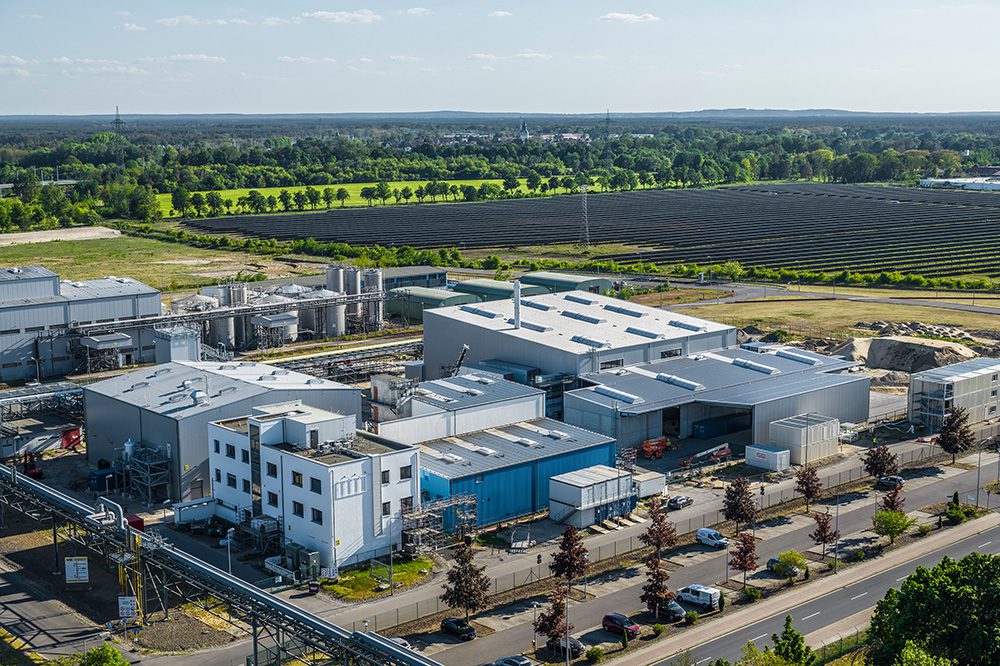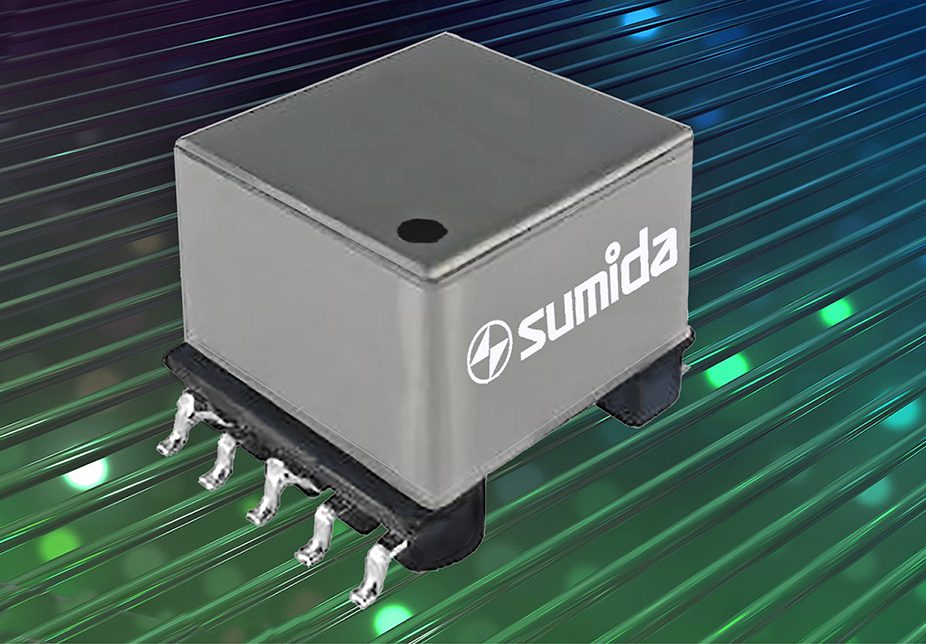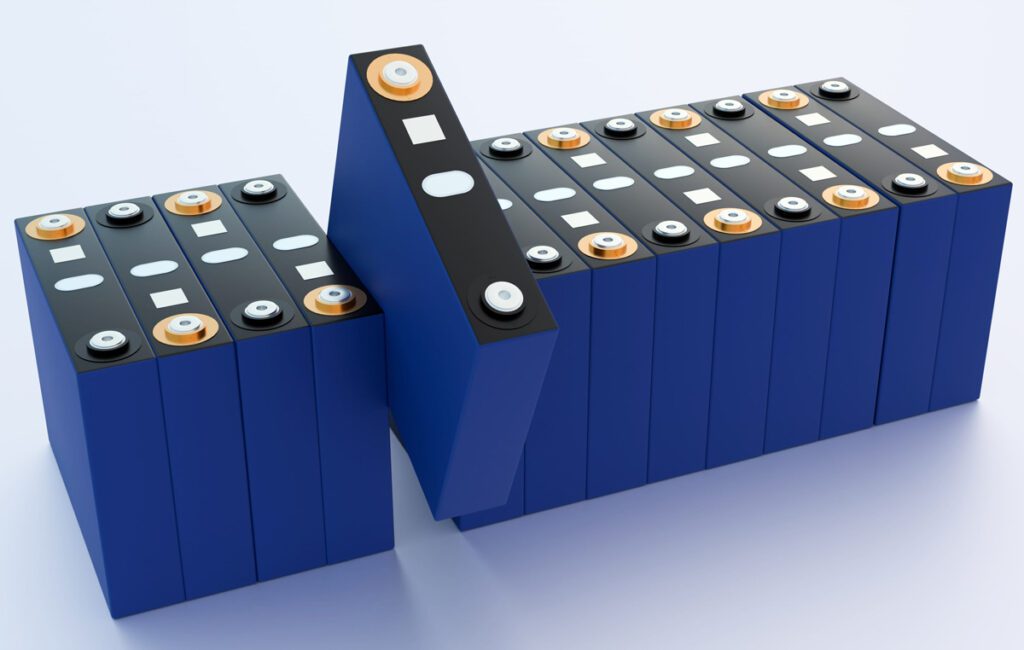Daimler is the world’s largest truck manufacturer, and it’s encouraging to see the company developing electric vehicles, such as the Fuso eCanter light-duty electric truck. However, Hamish Ainsley, writing in LinkedIn, finds it disappointing that Daimler seems to be focusing on electrifying legacy truck models rather than designing EVs “from the ground up.”
“Mercedes Benz engineers…are clearly a talented bunch, as they have produced some fine vehicles over the years,” Ainsley writes. “That said, what they know is internal combustion, and they are clearly hampered by having to take their orders from a board of directors that seems to be grappling with the reality of the need to scrap a lot of their legacy thinking in favor of remaining competitive in a rapidly evolving industry.”
“Retrofitting a vehicle that was originally designed for internal combustion is never going to work,” Ainsley continues. “It really doesn’t matter how talented your engineers are – given this as a project brief they will apply their talents to come up with something half-decent, but still far from fit for purpose, and with it too expensive and otherwise compromised to have any chance of competing with purpose-built options.”
Ainsley cites Ryan Popple, CEO of electric bus maker Proterra, who makes a strong case for native EV design in a podcast interview with Green Tech Media (via Electrek). “If you are an OEM and you are trying to take an existing ICE vehicle and you are trying to turn it in to an electric vehicle, that’s the wrong answer,” says Popple. “That’s like trying to convert a dinosaur into a mammal. Way too many of the subsystems are different. The product is not going to survive the surgery. Don’t Frankenstein an existing product and expect that it’s going to be a good EV. You’re going to end up with a product that’s too heavy, doesn’t have good driving performance and is too expensive, so you won’t be able to offer a compelling price to market.”
Of course, the leading proponent of clean-slate EV design is Tesla, where Popple was an executive before becoming Proterra’s CEO in 2014.
To make his case, Ainsley dives into some technical detail about Daimler’s new eActros truck. According to Daimler, the 25-ton variant of the eActros will have a 240 kWh battery and a 125-mile range, which works out to 1,920 Watt-hours per mile. Tesla claims that its 36-ton Semi will deliver energy consumption of less than 2,000 Wh/mile. Doing some “admittedly oversimplified” math indicates that Daimler’s truck “gives away at least 730 wh/mile.”
These figures are not just arcana for engineers – the business case for commercial EVs depends on greater efficiency and correspondingly lower fuel costs. For Ainsley, the inherently lower efficiency of a retrofitted EV powertrain is a deal-killer. “There is no hope of Daimler competing with purpose-built options when the efficiency is this much worse.”
Source: LinkedIn







